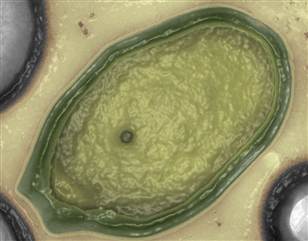Autism caused by packaging chemicals?

Nine out of 10 Americans have a chemical called bisphenol A in their urine, said Nicholas D. Kristof. BPA, which can be found in plastic food containers, soup can linings, ATM receipts, and many other consumer products, is a proven “endocrine disruptor”—a substance that mimics or alters human hormones. Studies have already linked BPA to breast cancer, diabetes, and hyperactivity, […]
Read more








